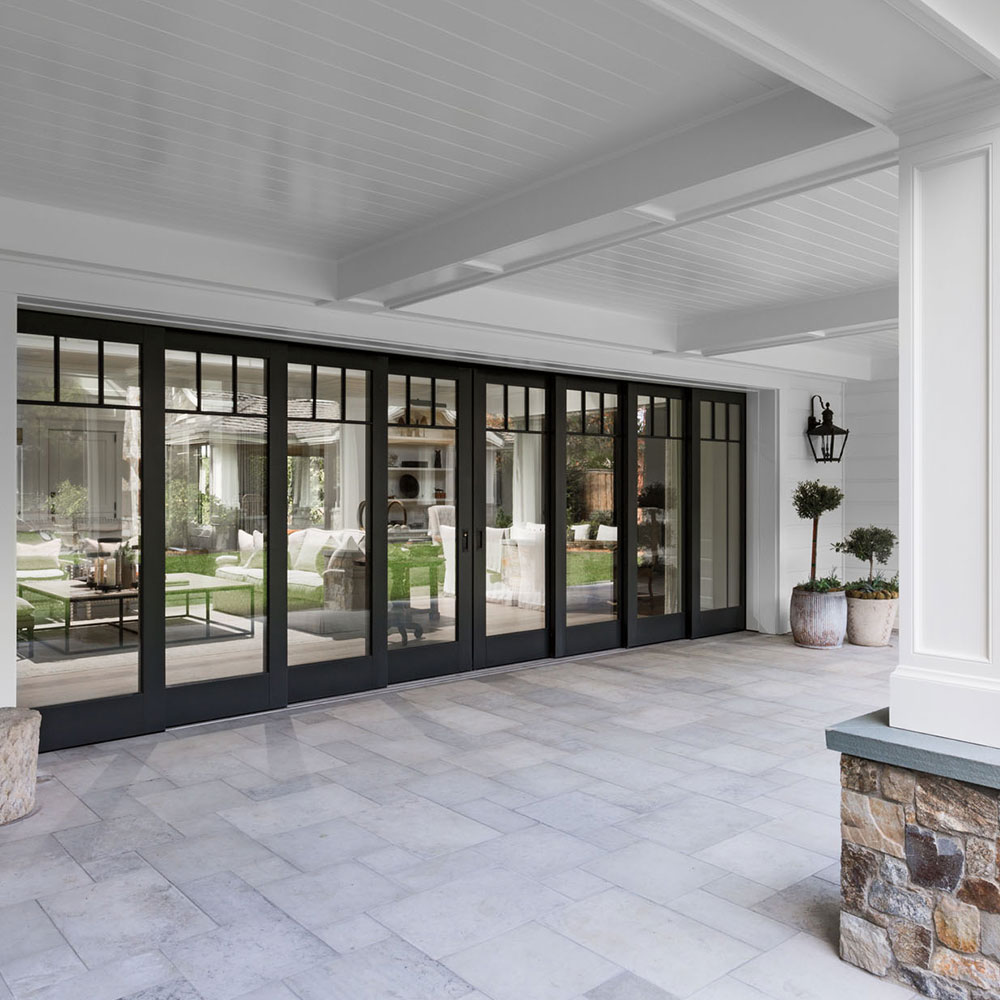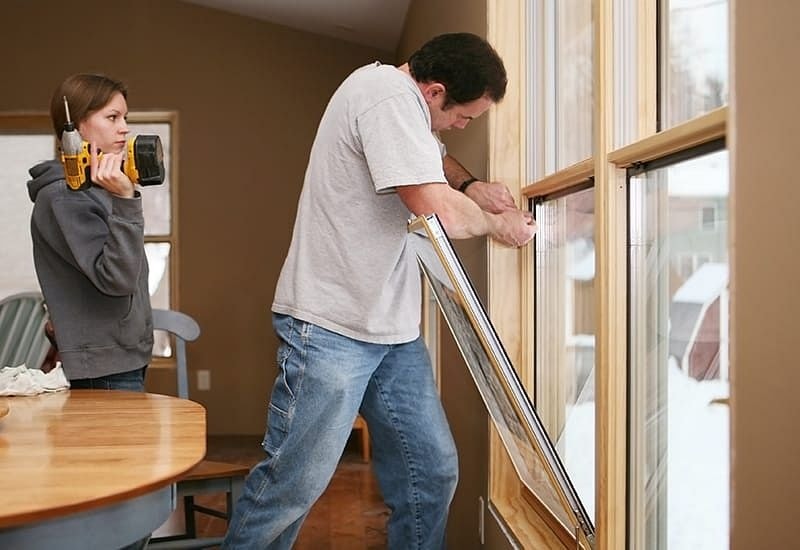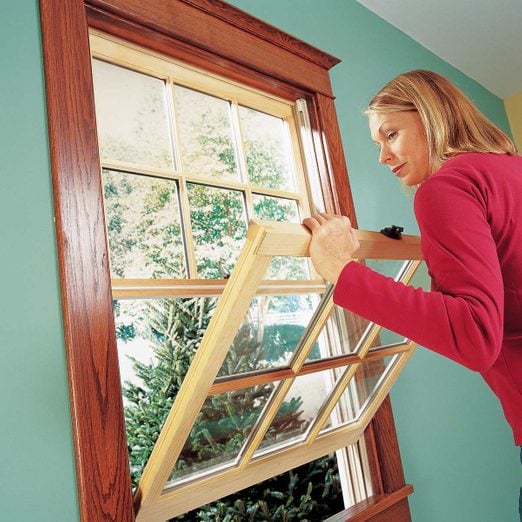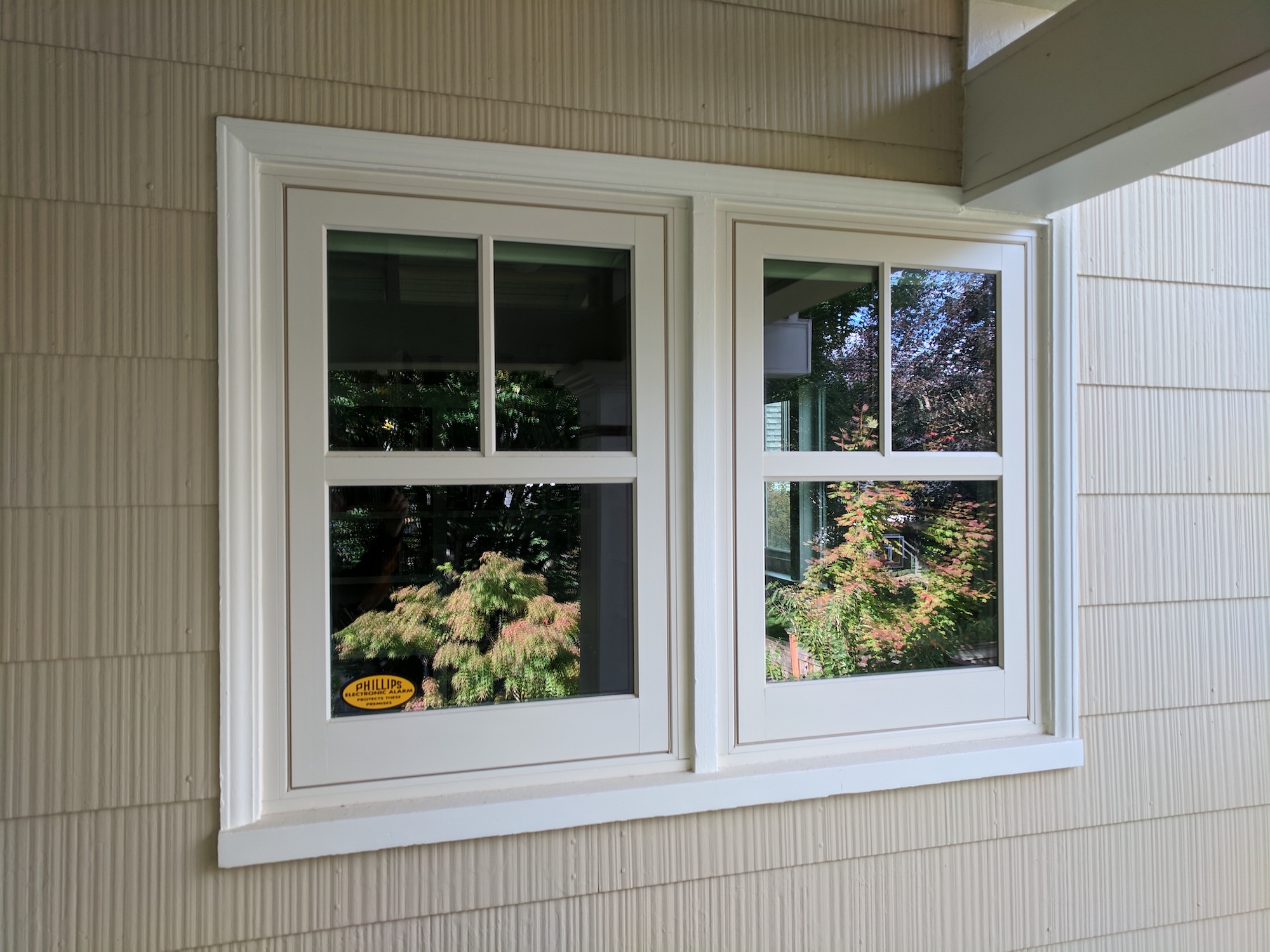Upgrade Your Home with Houston Pella Windows Installment
Upgrade Your Home with Houston Pella Windows Installment
Blog Article
Upgrade Your Home With Energy-Efficient Home Window Substitutes
In the realm of home improvement, the choice to update to energy-efficient window substitutes can dramatically influence both the capability and aesthetics of a house (Spring window replacement). As homeowners seek means to improve the performance and sustainability of their home, the selection of home windows plays a pivotal duty in achieving these goals. Beyond the surface level of plain appearances, energy-efficient windows supply a wide range of advantages that surpass mere curb charm. With a mindful selection process that considers different aspects, from glass types to installation techniques, embarking on this home upgrade journey might show to be a transformative venture.
Benefits of Energy-Efficient Windows

The setup of energy-efficient windows provides considerable financial savings on energy bills while improving environmental sustainability. Energy-efficient windows are created to decrease warmth loss and gain, reducing the need for heating and cooling systems to work overtime. By successfully shielding the home, these windows aid preserve a comfortable interior temperature level year-round, causing lower energy consumption and reduced utility prices. Furthermore, energy-efficient home windows can aid regulate dampness degrees within the home, decreasing the risk of mold and mildew and mildew growth.
Past the monetary advantages, energy-efficient home windows contribute to ecological sustainability by decreasing carbon emissions connected with power manufacturing. By lowering energy use, these windows assist minimize the environmental influence of lighting, home heating, and cooling residential spaces. This decrease in power intake plays an essential duty in combating climate change and advertising a greener future for generations ahead. Generally, investing in energy-efficient home windows not just improves the comfort and efficiency of a home but likewise aligns with ecologically aware techniques.
Kinds Of Energy-Efficient Glass
Various sophisticated types of energy-efficient glass deal special buildings that accommodate different needs and preferences in boosting the sustainability and efficiency of structures. Low-emissivity (Low-E) glass is a preferred option developed to reduce the amount of ultraviolet and infrared light that can go through the glass, thereby decreasing heat transfer. This type of glass aids maintain a constant interior temperature level, lowering the demand for home heating or cooling down systems, and inevitably decreasing power expenses. One more ingenious option is spectrally discerning glass, which permits noticeable light to pass through while obstructing certain sorts of infrared radiation. This helps in keeping a comfortable indoor setting while minimizing warmth gain. Triple-pane glass, containing three layers of glass with shielding gas in between them, offers boosted thermal insulation, making it extremely energy-efficient. Additionally, self-cleaning glass with an unique coating that damages down and loosens up dirt when subjected to sunlight can decrease upkeep requirements and keep home windows looking tidy. Each sort of energy-efficient glass offers unique benefits, enabling property owners to pick one of the most appropriate choice based upon their certain needs and objectives.
Elements to Take Into Consideration When Choosing
When considering energy-efficient home window replacements, it is imperative to carefully assess particular aspects that line up with your sustainability goals and preferred energy cost savings. One critical element to consider is the home window's energy performance ratings, such as the U-factor and Solar Warm Gain Coefficient (SHGC) The U-factor measures just how well the window insulates, with reduced numbers indicating far better insulation, while the SHGC shows the home window's capability to block heat from sunlight. Furthermore, the home window framework product plays a considerable role in energy performance. Materials like fiberglass, plastic, or timber with thermal breaks are excellent selections for reducing heat transfer. Another essential consideration is the window style and positioning concerning sunlight direct exposure. Choosing the right home window style and tactically putting them can make the most of all-natural light while reducing heat gain or loss. Last but not least, installation high quality is essential to ensuring the windows perform as meant. Appropriate installation assists protect against air leakage, making certain optimum energy effectiveness. By thoroughly assessing these factors, you can pick energy-efficient windows that boost comfort, decrease energy expenses, and benefit the environment.
Installation and Maintenance Tips

Regular upkeep is vital to protecting the effectiveness of your energy-efficient windows. Inspect the home windows occasionally for any kind of indicators of damages, wear, or sealant deterioration. Tidy the structures, tracks, and glass routinely using mild soap and water to eliminate dirt and grime that can influence efficiency. Examine the weather-stripping and seals for any gaps or tears and change them if required to maintain the home windows' power performance.
In addition, lubricate relocating parts such as hinges and locks to ensure smooth operation. By complying with these installation and maintenance ideas, you can enhance the energy efficiency of your home and extend the life-span of your energy-efficient home windows.
Cost-Benefit Evaluation of Upgrading

Energy-efficient home windows are developed to lessen article source warmth transfer, decreasing the demand for heating and cooling down systems to work overtime. This can result you can look here in significant financial savings on power costs, specifically in areas with severe temperature levels. Additionally, energy-efficient home windows can enhance the general worth of your home, making it extra eye-catching to possible customers if you choose to sell in the future.
When determining the cost-benefit evaluation, aspect in the prospective financial savings on power bills, any type of readily available rewards or refunds, and the lifespan of the home windows. While the first cost may be greater, the long-lasting cost savings and advantages of energy-efficient home windows make them a clever financial investment for house owners looking to enhance their residential or commercial property's power effectiveness and value.

Final Thought
In final thought, updating to energy-efficient home window substitutes supplies numerous benefits such as lowered power intake, raised convenience, and price financial savings. By selecting the ideal kind of energy-efficient glass and taking into consideration aspects like framework material and installation, home owners can take full advantage of the efficiency of their windows.
When pondering energy-efficient home window substitutes, it is crucial to carefully analyze particular aspects that align with your sustainability objectives and preferred power cost savings. The U-factor steps just how well the home window insulates, with lower numbers indicating much better insulation, while the SHGC indicates the window's capacity to obstruct heat from sunshine. By meticulously evaluating these factors, you can pick energy-efficient windows that improve comfort, reduce energy costs, and benefit the setting.
While energy-efficient home windows might have a greater ahead of time cost contrasted to conventional windows, the lasting benefits Going Here usually surpass the initial investment.In verdict, upgrading to energy-efficient window replacements offers many advantages such as minimized energy consumption, increased comfort, and expense savings.
Report this page